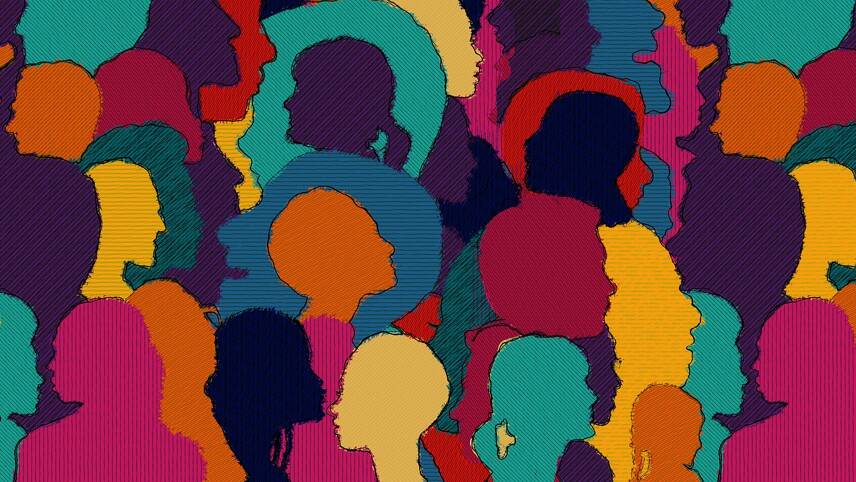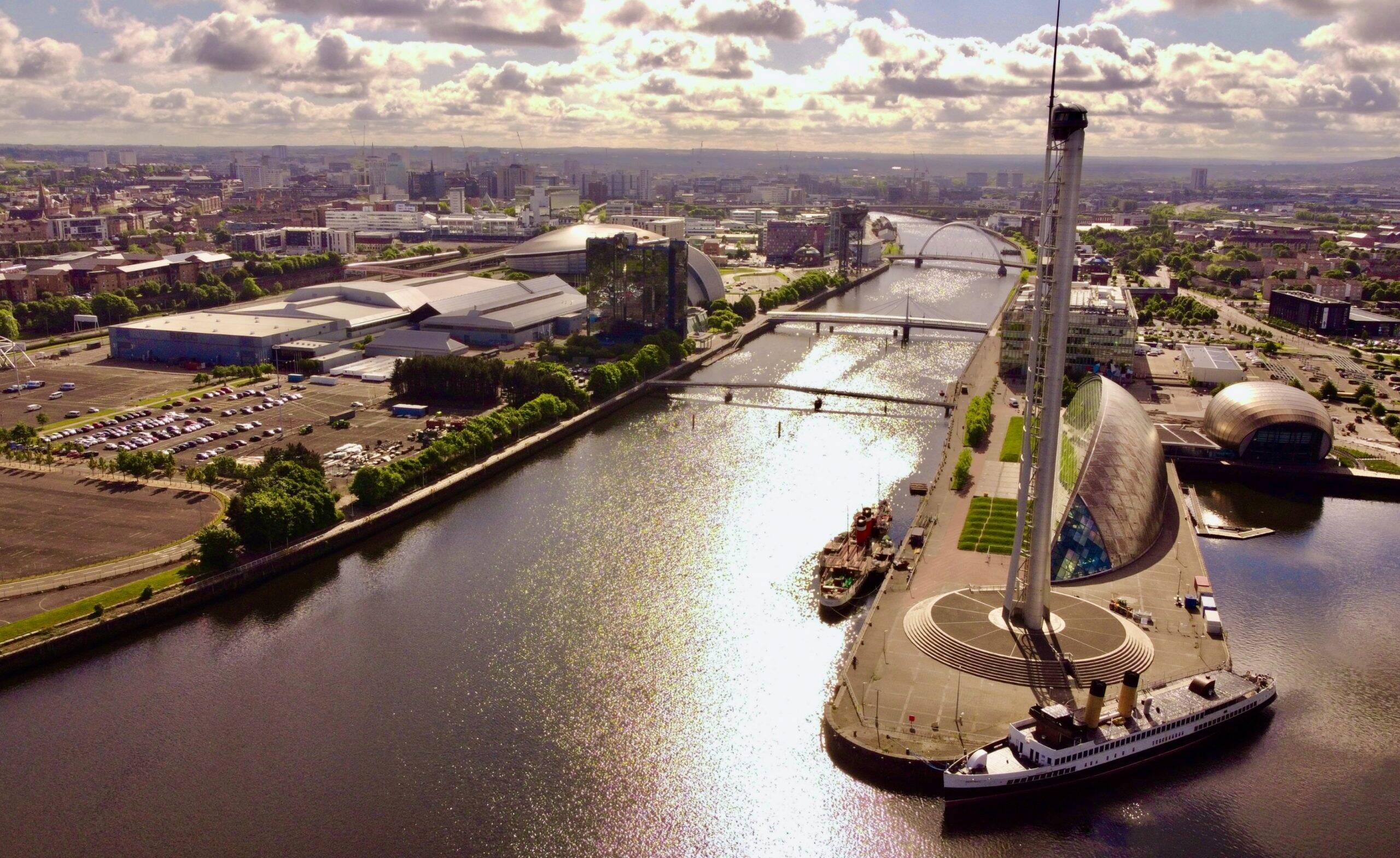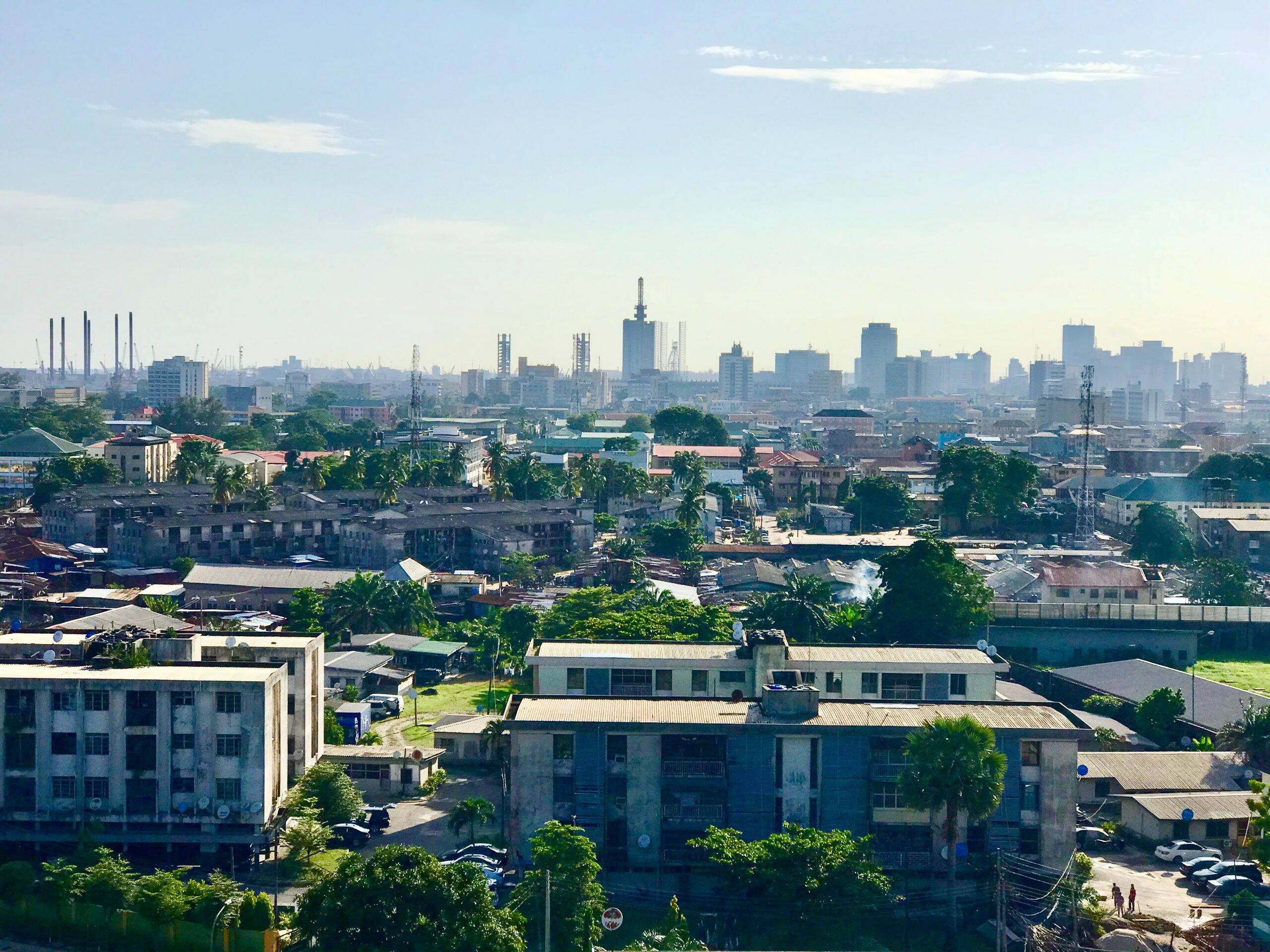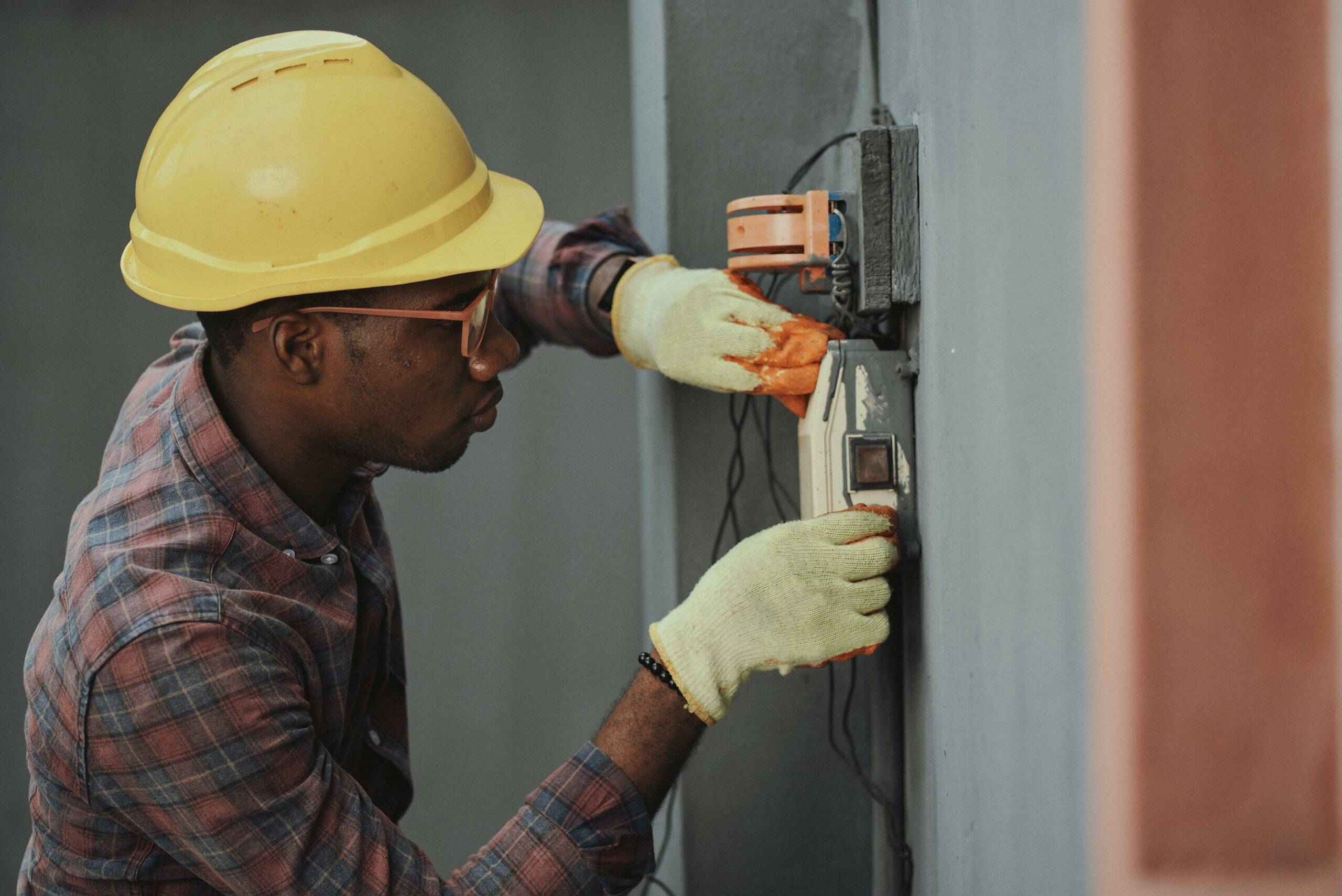You’ve reached your limit!
To continue enjoying Utility Week Innovate, brought to you in association with Utility Week Live or gain unlimited Utility Week site access choose the option that applies to you below:
Register to access Utility Week Innovate
- Get the latest insight on frontline business challenges
- Receive specialist sector newsletters to keep you informed
- Access our Utility Week Innovate content for free
- Join us in bringing collaborative innovation to life at Utility Week Live

Drax Group innovation engineer and founder of Power to Diversity – a network for ethnic minority engineers, scientists and technicians in renewable energy – Erusa Adizie discusses the importance of diversity in gaining a global perspective on innovation and the energy transition.
You’ve probably seen the statistics – diversity is good. Diversity makes an organisation a winner. But what does that really mean for innovation and the global energy transition?
From personal experience I have seen the benefits of diversity in that gathering people from unique backgrounds and experiences sparks fresh ideas and enhanced creativity. This is, and will be, essential given rapid advances in areas like hydrogen, energy storage, and carbon capture, usage and storage (CCUS).
However, the statistics show that just 7% of people working in UK energy are ethnic minority employees.
One thing that we can agree on is that everyone needs to be involved in the energy transition journey that lies ahead, especially if we want to move at the pace required. But more than that, we need people that can bring their own experiences to the table for the formulation of strong, game changing ideas.
 Having watched COP26 footage and read up on the surrounding discourse, one of my conclusions is that ambitious targets will only be reached by listening and learning.
Having watched COP26 footage and read up on the surrounding discourse, one of my conclusions is that ambitious targets will only be reached by listening and learning.
In the global south – comprising countries in Africa, Latin America, and developing parts of Asia and the Middle East – for example, women and minorities are burdened by the effects of climate change the most, but they have also demonstrated the ingenuity needed to establish and implement local solutions. Solutions that can and should be shared.
Spreading knowledge from country to country, individual to individual
Unique perspectives and life experiences mean that not all people share the same information and perspective. For example, spending my early years in Nigeria and growing up in the UK has given me an objective view of the global energy challenge.
Nigeria is a country of huge potential, an amazing culture and a strong work ethic, but it is also a country that ranks 171 out of 190 nations in terms of access to electricity according to the World Bank. The majority of my family live in the east of the country and visits to Nigeria were always fun, rewarding and eye opening as the energy landscape is a lot different from that within the UK.

To experience Nigeria is to realise that most homes use fossil fuel-powered generators as the power grid can be unstable. Nigeria has large oil, gas, hydro and solar resources and the potential to generate 12,522 MW of electric power from existing plants. On most days, however, it is only able to deliver around 4,000 MW – insufficient for a country of more than 195 million people.
Nigerians understand the value of a reliable power grid deeply, but let’s not forget that the need for reliable power is the same the world over – from Europe to Africa. How we ensure that this is delivered in the most efficient way is knowledge that can be transferred from country to country, individual to individual.
In Nigeria, the existing power infrastructure arrangements are being reviewed as under the current centralised grid system electricity is generated by 25 large power generation plants. Yet globally the value of a decentralized system that leverages local energy sources – biogas, solar, wind, and hydropower – in addressing energy deficits in individual communities is being recognised.
Innovation and knowledge sharing has been essential for Nigeria’s local mini-grid developers in accessing finance, developing effective business models, and managing mini-grid systems to build the modern, resilient and transformative microgrid structures of the future.
In no way is it a surprise that there is the same appetite in Nigeria as in all countries for renewables to be part of the energy mix and the government and organisations are pushing forward with this.
 In December 2020, the Nigerian government launched the Solar Power Naija programme, a project aiming to provide solar powered electricity to 25 million Nigerians who were not previously connected to the grid. First of a kind projects such as those implementing solutions in rural locations and have encouraged further investment in solar hybrid mini grids that will have lasting impacts on communities.
In December 2020, the Nigerian government launched the Solar Power Naija programme, a project aiming to provide solar powered electricity to 25 million Nigerians who were not previously connected to the grid. First of a kind projects such as those implementing solutions in rural locations and have encouraged further investment in solar hybrid mini grids that will have lasting impacts on communities.
Sharing replicable technology
One of my most treasured memories was the sense of community gained when cooking outside with my late grandmother in Nigeria. It was a formative experience and one that can be learnt from, though perhaps not encouraged now. The fuel for cooking was a combination of firewood and kerosene – known to be dangerous and causing in the region of 79,000 deaths annually.
The global potential of biofuels has been widely shared, with many locations boasting unique usage habits and projects. Biofuels could ensure clean cooking for millions of Nigerians. However, the need for increased availability and production is not unique to Nigeria but is essential for low income families – for example. The use of cellulosic ethanol as a cooking fuel is cleaner and more sustainable – a fact promoted through the work of inspiring organisations and projects such as Rural Women Energy Security (RUWES) and the Clean Cooking Alliance.
I’ve been encouraged seeing the outcome of projects focused on innovative technologies such as improved cookstoves in rural areas as their usage can be lifechanging.
These technologies are often replicable and can be used in other global locations to similar effect as they fall within the broader aim of being clean, safe and ultimately reducing greenhouse emissions.
Harnessing diverse knowledge and experiences

Something that strikes me though is that without diverse workforces how can we hear about these stories and lived experiences and build upon these technologies and innovations?
I’m so motivated by the impactful work in the energy space and that the next generation of young people entering the workforce are passionate, creative and recognise that where we work should represent the people we work for.
If we want sustained innovation, to exceed expectations and meet environmental goals, diversity is necessary to equip our organisations with a mix of people that have valuable knowledge to share, especially if we truly want a just transition and to reach global net zero targets.

See this content brought to life at Utility Week Live, 17-18 May 2022 NEC Birmingham
Optimising field operations and supporting the post-pandemic workforce are among the frontline challenges at the heart of Utility Week Live 2022’s live content programme.
View the challenges and be alerted for tickets to the industry’s most eagerly awaited reunion at utilityweeklive.co.uk.
Please login or Register to leave a comment.